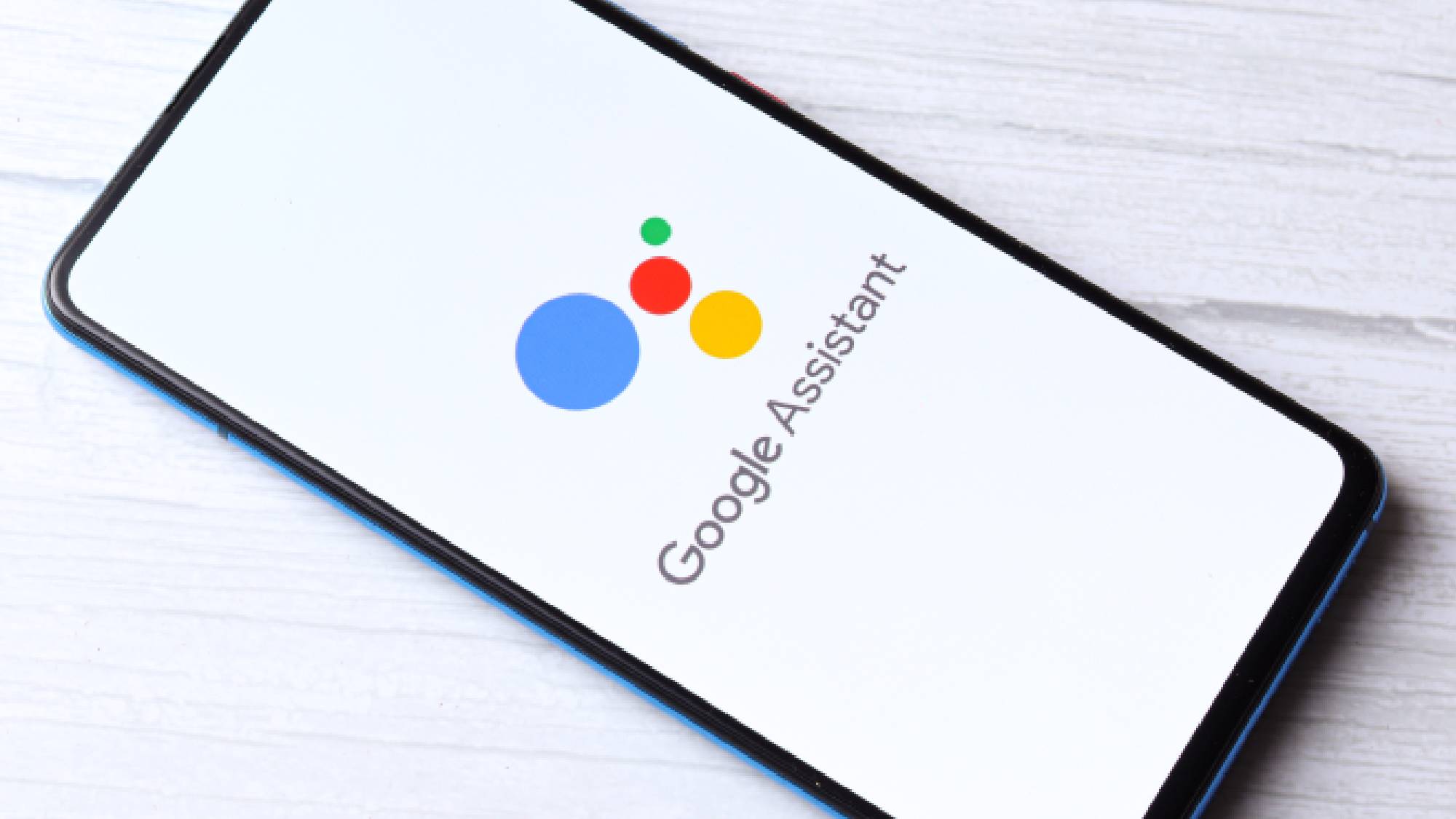
Google’s been making a big push into generative AI, with the launch of the Bard chatbot earlier this year. According to a new report from Axios, that’s only the start of its plans.
The company spent a healthy chunk of its I/O keynote discussing all the ways it will implement AI in its various products. And it seems Google Assistant will be getting “supercharged” by the latest large language models (LLMs) — similar to those powering Bard and its rival ChatGPT.
The full text of the email can be read over at Axios. The gist of it is that Google wants Assistant to be more like a fully-fledged AI, and has already been assigning work to “a portion of the team” — starting with mobile. Unfortunately the email doesn’t specify what sort of changes we might see as part of the “supercharged” Assistant of the future.
There are some rather big possibilities that stem from integrating LLMs with Assistant. The main one is that it could make interacting with the Google bot a heck of a lot more conversational than it is right now. The key difference here is that Bard is designed to work with text, whereas Assistant is a verbal tool. So we could potentially see an Assistant that behaves like Bard (or better) but in a way that lets you have that same back and forth without having to type a single word.
Personally I hope such a development will help Assistant understand speech a little better than it already does. I tend to use Google Assistant in my car, so I don’t have to blindly flail at the touchscreen to get stuff done, and there are plenty of times when it struggles to figure out what I’m asking it to do — and takes its sweet time in the process. That’s especially true when I’m trying to respond to a text message.
Bard is also able to translate languages and search for answers on the web, things that Assistant can already do to a point. So it’ll be rather interesting to see how LLMs could improve those capabilities. The same goes for all the AI-powered features already in Assistant, like call screening, which Google has hinted Bard could get involved with in the near future.
The main question right now is when we might see this work come to fruition. Google claims that it wants the work to be done “with speed and focus”, and is reorganizing teams to make that happen — which is leading to some staff layoffs.
Considering the pace at which various businesses and organizations have been jumping onto the generative AI bandwagon, including Apple, you can understand why Google might want to get this work started sooner rather than later. It’s safe to assume that we may see some announcements at Google I/O 2024 in May, even if there’s still work that needs doing.
Let’s just hope Google has learned from the mistakes of the initial Bard launch, and doesn’t rush this work out into the public eye when it isn’t quite ready.
.jpg?w=600)






